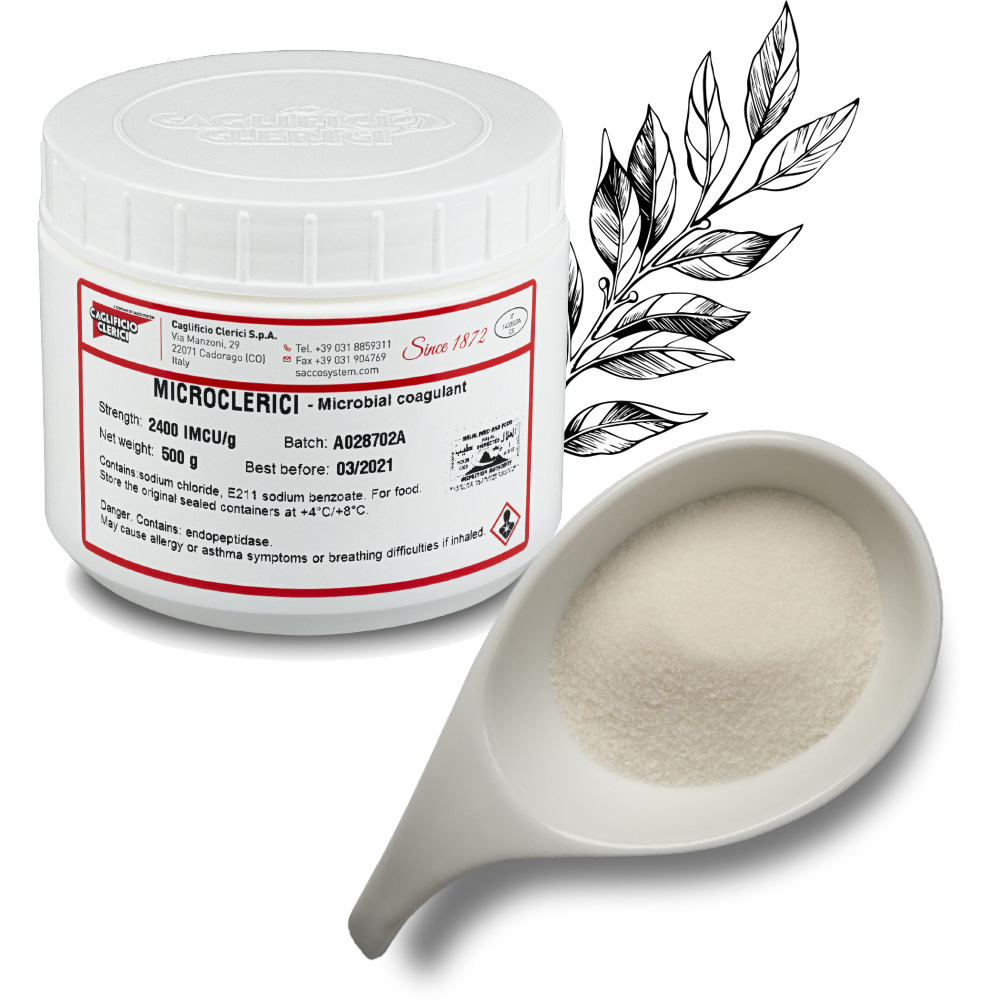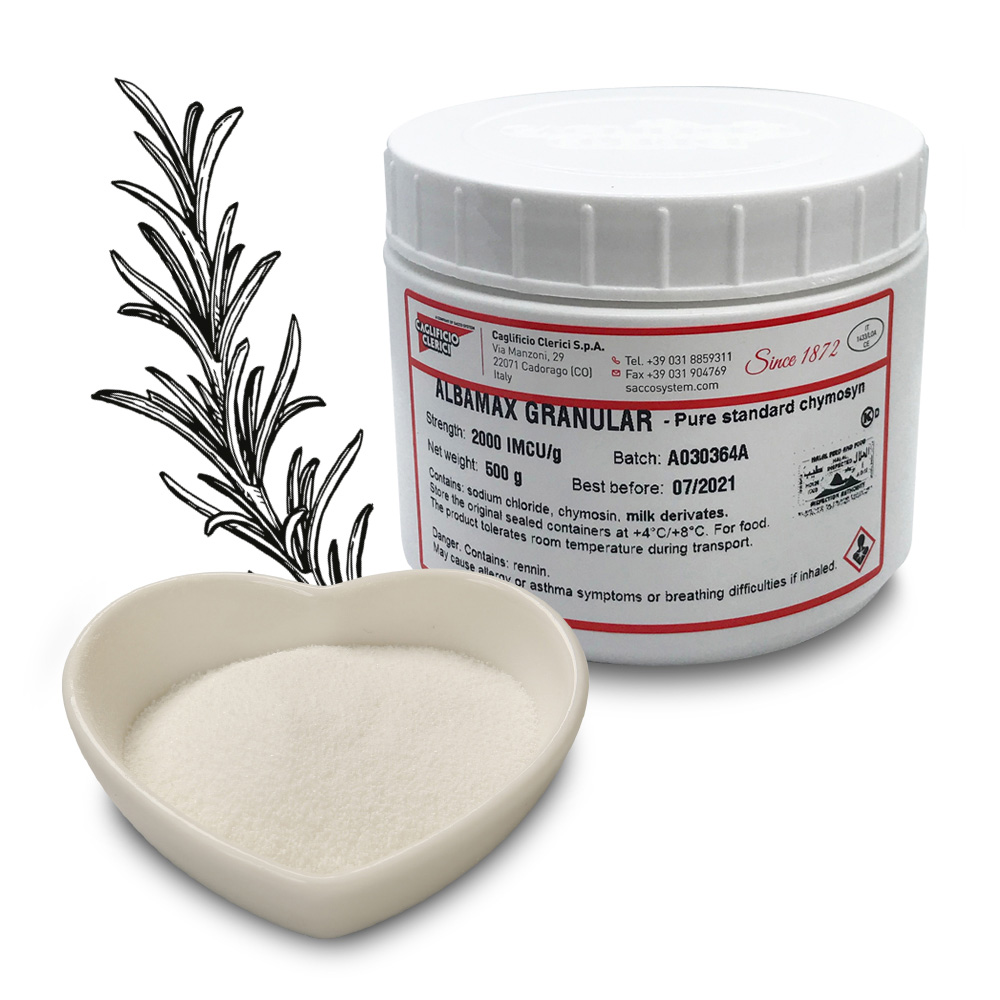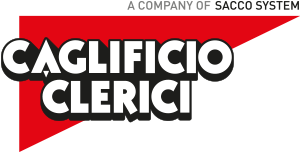COAGULANTS: WHAT THEY ARE AND WHAT THEY ARE USED FOR
Coagulants are substances used to coagulate milk during the cheese-making process. Coagulation is the process by which milk is turned into a gelatinous substance known as curd, which will form the basis for cheese production.
Coagulants can be of animal origin, such as rennet, or of plant origin.
The choice of the coagulant affects the final characteristics of the cheese, such as consistency, flavor, texture, and organoleptic characteristics.

Microbial coagulant
Clerici microbial coagulant, called Microclerici, is an extremely pure vegetable-based coagulant obtained from a controlled fermentation of Rhizomucor miehei, an important species of fungus that produces proteolytic enzymes able to curdle milk.
Microclerici microbial coagulant can be used in delicate cases such as for the production of fresh, vegetarian cheeses to achieve a well-controlled proteolysis and good flavour.
The microbial coagulant is available in both thermolabile and thermostable versions, Halal and Kosher, powder or liquid and OGM Free.
The Clerici microbial coagulant is available with different strengths:
I.M.C.U available: 140; 220; 680; 2400; 3400
Pure Chymosin coagulant
The Clerici pure chymosin coagulant, called Albamax, is a coagulant enzyme produced by fermentation of Aspergillus niger var. awamori.
It is a chymosin for specific production needs, it maintains a low proteolysis so that yield losses are kept to a minimum, prevents cheese from becoming bitter and is formulated to offer a good coagulation-cost-effectiveness relationship.
Clerici pure coagulant chymosin is available with different strengths with Halal and Kosher certifications, both in powder and liquid form.

